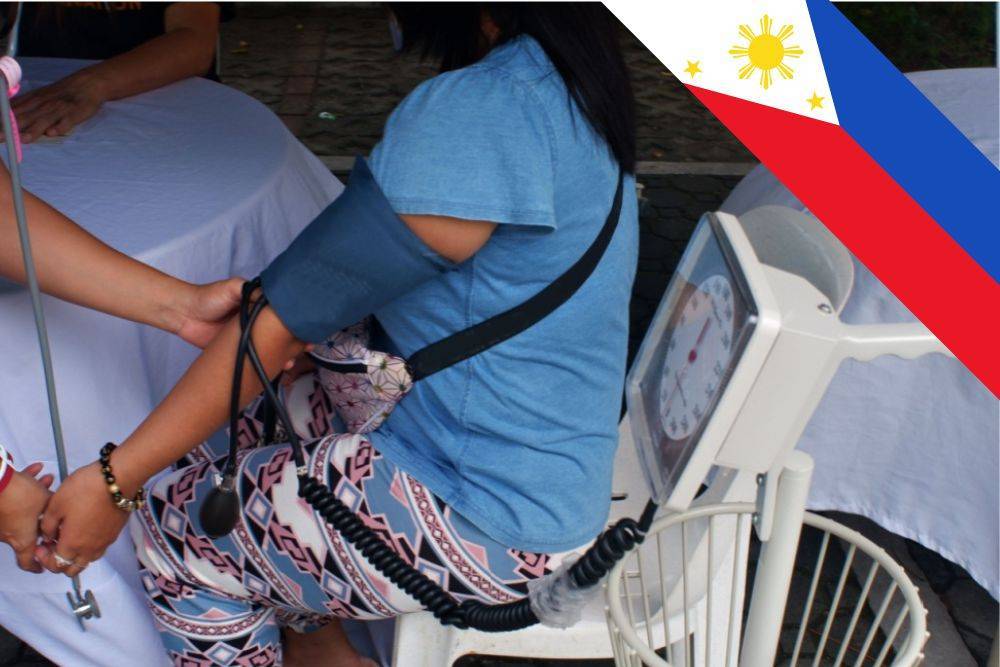Faith Villanueva, Co-Chair of the Adult Immunization Committee for Microbiology and Infectious Diseases (PSMID) Inc., emphasised the importance of incorporating vaccination discussions into healthcare consultations.
She proposed that vaccination be recommended regardless of the initial reason for admission to the hospital. She stressed that while patients may seek medical attention for various reasons, vaccination should be integrated into their overall healthcare plan.
Addressing Concerns and Misconceptions
Speaking at the Health Connect Media Forum, Villanueva stressed the necessity of promptly and respectfully addressing individuals’ concerns and misconceptions about vaccination. She highlighted the importance of acknowledging and addressing questions or concerns raised by patients, as dismissing them could hinder vaccination efforts.
Strongly Recommending Necessary Vaccines
Villanueva emphasised the role of vaccine providers in strongly recommending necessary vaccines. She urged healthcare professionals to provide tailored explanations regarding the benefits of vaccination and the risks of remaining unvaccinated. By effectively communicating the importance of vaccination, healthcare providers can encourage more individuals to receive recommended vaccines, thereby enhancing community immunity.
Vulnerability of Adults to Infectious Diseases
With 70 percent of the Philippine population comprising adults, Villanueva stressed the declining immunity acquired from childhood vaccinations and previous infections as individuals age. Consequently, she pointed out how vital immunisation is for adults as they are more vulnerable to infectious diseases. She also emphasised the significance of maintaining immunity through timely vaccination, especially as individuals grow older and their immune response wanes.
Reasons Behind Vaccinations
Vaccines have been pivotal in curbing once-deadly diseases, yet serious illnesses still linger. Here are reasons why vaccinations matter, according to the Center of Disease Control and Prevention (CDC):
- Sustaining Protection
Regular vaccination updates are crucial as vaccine immunity may wane over time. Consulting healthcare providers ensures individuals maintain an optimal defence against preventable diseases.
- Community Defense
Vaccines shield individuals and communities by curbing disease spread. High vaccination rates protect vulnerable groups unable to receive vaccines, bolstering overall community immunity.
- Preventing Complications
Vaccines prevent severe complications associated with diseases like influenza, hepatitis B, and HPV. By averting hospitalisation and chronic conditions, vaccines safeguard long-term health.
- Ensuring Safety
Rigorous safety protocols guarantee vaccine safety, with adverse reactions being rare. Continuous monitoring ensures vaccines remain safe and effective for all recipients.
- Meeting Requirements
Mandatory school, work, and travel vaccines uphold public health standards, reducing disease transmission and safeguarding individuals and communities.
Link Between Infectious and Chronic Diseases
Addressing the link between infectious and chronic diseases, the increased susceptibility of individuals with chronic conditions to infections worsens the antimicrobial resistance dilemma in the country. Villanueva noted the need for comprehensive vaccination strategies to protect vulnerable populations, including those with underlying health conditions.
Challenges in the Local Context
Villanueva mentioned the absence of national standardised policies and guidelines for adult immunisation. She also noted the lack of awareness among physicians and patients regarding vaccine benefits and availability. Thus, Villanueva called for collaborative efforts to address these challenges and improve nationwide access to adult vaccination services.
Call for Collaboration and Advocacy
A collaboration was created between media partners and medical professionals to disseminate vaccine education nationwide. The focal point was the importance of raising awareness about the benefits of vaccination and addressing misconceptions that may discourage individuals from seeking immunisation. By working together, stakeholders can empower individuals to make informed decisions about their health and well-being.
Achieving Widespread Adult Immunisation
Therefore, in echoing the World Health Organization’s (WHO) statement, Villanueva emphasised the feasibility and achievability of widespread adult immunisation. She stressed the need for concrete actions to advocate and implement adult vaccination nationwide, ensuring that vaccination services are accessible to all adults nationwide. Finally, Villanueva highlighted the potential of adult immunisation to improve public health outcomes and reduce the burden of vaccine-preventable diseases in the Philippines.

